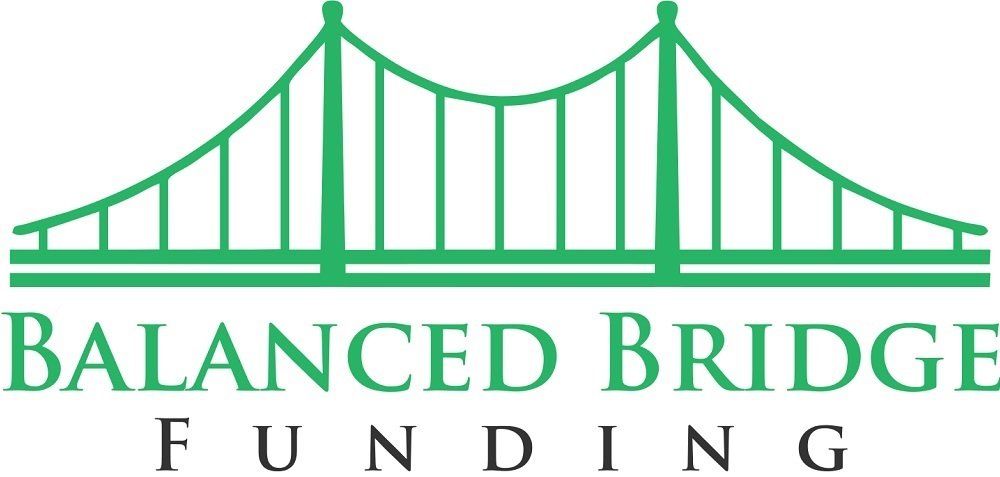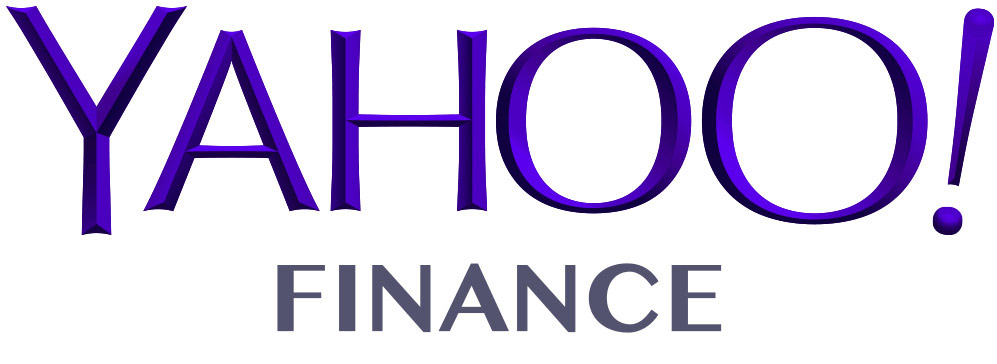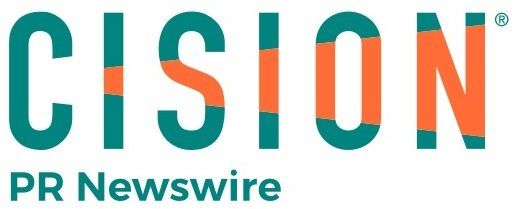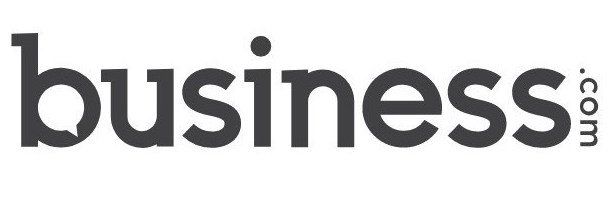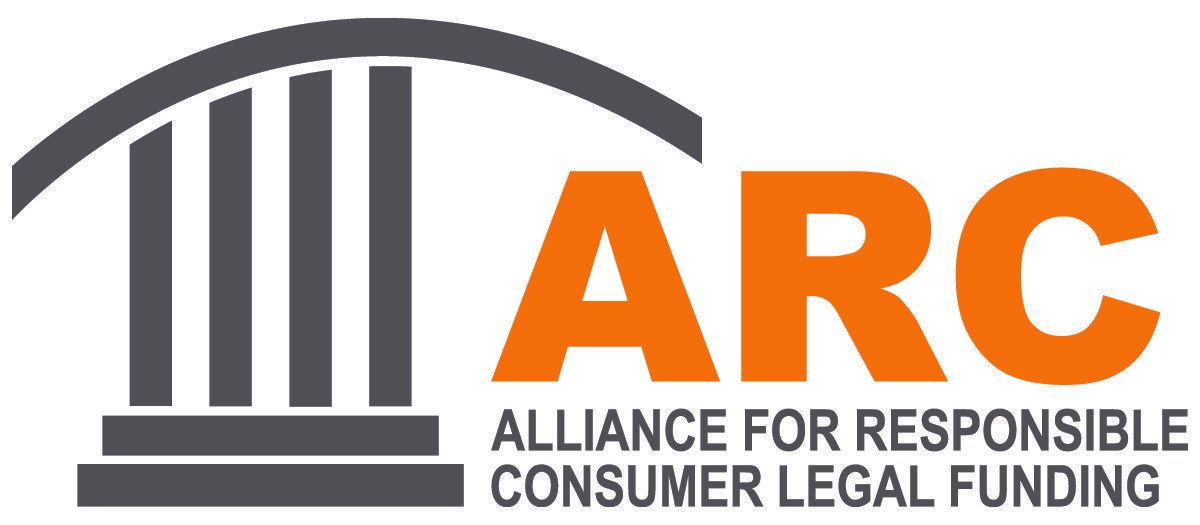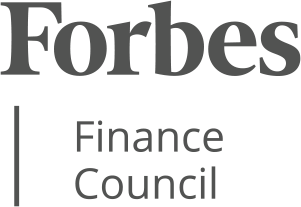Voucher Funding for Private Practice Attorneys
Local, State, & Federal Government Voucher Funding for Private Practice Attorneys Nationwide
Advances to Private Practice Attorneys Waiting on Payment from the Local, State, and Federal Government Vouchers for Indigent Clients
In cases where the client is indigent, they are usually assigned a public defender. It is their job to represent their client to the best of their ability. However, the public defenders’ offices are usually underfunded and overworked. So they are often unable to devote a huge amount of time and resources to a single case. Due to this reality, private attorneys are called upon to help indigent clients and are compensated by the local, state, or federal government.
Why Would I Need Voucher Funding?
Private practice attorneys appointed or contracted to represent indigent clients can face payment delays of their fee because the government entity is a slow payer. Unlike public defenders who are government employees and guaranteed a salary, private attorneys are essentially contractors and can face the same issues of payment that affect the general government contracting community.
Since the recession of 2008, governments at all levels faced hardship that required them to cut budgets and reorganize priorities. While the economy has improved since then, factors like the changes in the global economy and the cost of entitlement programs will continue to affect the budgets of local, state, and federal government. That in turn influences programs like compensating private practice attorneys in a timely manner.
Balanced Bridge Funding offers financing on local, state, and federal government vouchers to private practice attorneys nationwide whose payments have been, are currently, or will be delayed.
Voucher Receivable Acceleration: A Solution for Private Practice Attorneys Waiting On Delayed Fees
Private Practice Attorney Voucher Funding works in a similar fashion to attorney post-settlement funding:
- You, the private practice attorney, have completed a case, but the local, state, or federal government is unable to pay you in a timely manner.
- Balanced Bridge Funding purchases a portion of your legal receivable from the local, state or federal government.
- Balanced Bridge Funding then provides you with a fee advance based on this portion of your unpaid fee.
- When your fee is finally released, Balanced Bridge Funding is directly repaid by the local, state, or federal government.
- Because we only purchased a portion of your receivable, you will still be paid the rest!
Voucher funding can help you get by while you are waiting for your fee to pay out. It can reduce your financial stress so that you can focus on building rock solid cases and maintain your daily expenses.
This is NOT a Loan
Voucher funding is an
advance on a legal receivable as opposed to a lawsuit loan. Such an advance allows you to access your own money earlier than you normally would, so you will not be making monthly payments to an outside lender. When the state does finally pay your fee, it will pay Balanced Bridge Funding directly.
Balanced Bridge Funding Accepts All the Risk
We accept all risk of non-payment, so if for some reason the state were unable to pay your fees, you would still get to keep your voucher advance.
Learn More About Accelerating Your Unpaid Vouchers
If you think that our voucher funding solution would be the right fit for you, please call one of our legal funding specialists at 267-457-4540. Or to apply online, simply
CLICK HERE and fill out our quick form application.
Check out our 3 in-depth Legal Funding Resource Guides:
This is an all inclusive guide on consumer legal funding as it pertains to both the attorney and plaintiff. After reading this guide, you'll have the knowledge to answer the following questions about consumer legal finance:
- What is legal funding?
- How is legal funding different than a bank loan?
- What other types of financial options exist?
- When should I use legal funding?
- How does legal funding work?
- What does a legal funding application look like?
- What are the different types of legal funding?
- What are some real-world examples of legal funding?
2.
Attorney Funding: The Essential Guide
Click Here to Learn More About Attorney Funding
This resource guide was written specifically for the plaintiffs' attorney. This guide contains:
- A step-by-step review of the application and funding process.
- Comparisons between legal funding and other potential financial options.
- Full explanations of the benefits legal funding can provide both attorneys and plaintiffs.
- Detailed overviews of five different kinds of legal funding.
This detailed resource goes into detail about everything you've ever wanted or needed to know about the consumer plaintiff lawsuit funding space.
Balanced Bridge Has Been Seen On:
Contact Info
40 E. Montgomery Avenue
40 E. Montgomery Avenue
Suite 416
Ardmore, PA 19003
Phone:
267-457-4540
Email:
info@balancedbridge.com
